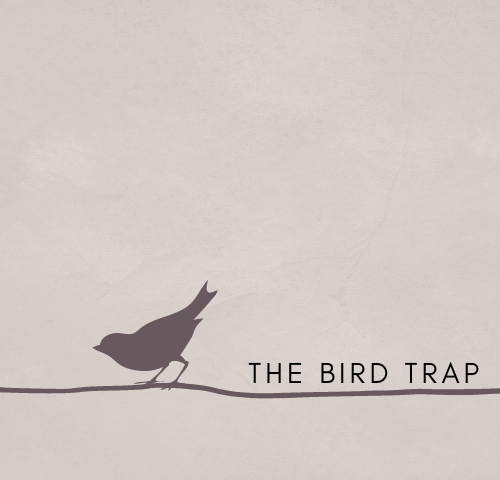PROVERBS: GPS to More Successful Living
Blog 10
The Bird Trap
“Even brute beasts and wandering birds
do not fall into the same traps or nets twice.”
– St. Jerome (c.347-419)
The above quote by ancient Christian scholar St. Jerome causes the reader to reflect on the God-given instinct that animals have to learn from their experiences and avoid traps or dangers that they have encountered before. For example, crows are known to be able to recognize individual human faces. They can remember people who have done them harm or helped them in the past. Crows can use their intelligence to make strategic decisions and to protect themselves from danger. This ability is the principle message in Proverbs 1:17, “Surely in vain the net is spread in the sight of any bird” (KJV).
The above Scripture verse is a short but powerful verse that contains a valuable lesson about wise and careful decision-making. It uses the example of a bird trap to illustrate the idea that it is foolish to do things in a way that is obviously going to fail.
The lesson of the bird trap: Setting up the net in full view of the birds is not a smart move. “You see, it makes no sense to bait the net and set the trap while the [birds are] watching (Voice) because the birds will see the trap and be able to avoid it, making your efforts pointless. This is an important lesson about being strategic and thoughtful in our actions. It’s better to think ahead and plan carefully rather than rushing into things without considering the consequences.
This lesson is as relevant today as it was when the proverb was first written. In our modern way of living, there are many examples of how this principle applies. For instance, if you are trying to persuade someone to agree with you, it’s not a good idea to be overly aggressive or confrontational. This will likely make the other person defensive and less receptive to your ideas. Instead, it’s better to approach the conversation in a calm and respectful manner, presenting your points clearly and thoughtfully.
Another example is when starting a new business. If you announce your plans to the world too soon, you might face competition from other entrepreneurs who may try to copy your idea. In order to succeed, it’s better to keep your plans under wraps until you are ready to launch so that you have a better chance of being successful and standing out from the competition. Perhaps that is what Jesus meant when he said, “…be wise as serpents, harmless as doves…” (Matthew 10:16).
In short, Proverbs 1:17 teaches us the importance of being strategic and thoughtful in our actions and avoiding doing things in a way that is obviously going to fail. By taking a careful and considered approach to our decisions, we can increase our chances of success and achieve our goals more effectively.
Questions for discussion:
- In what ways can we be more strategic and thoughtful in our actions and decisions?
- How can we balance the need to plan and the need to take action and move forward?
- In what ways can Proverbs 1:17 be relevant to our relationship with others and how we communicate with them?
- How do you think society would change if more people followed the lesson of Proverbs 1:17 in their daily lives?

Loretta Huggins, born and raised in San Francisco, CA, has served in the ministry with her husband, Larry Huggins since 1989: administrator, hostess, event planner, and teacher. She has traveled to eighteen countries. She is the co-founder and co-pastor of ZChurch.




